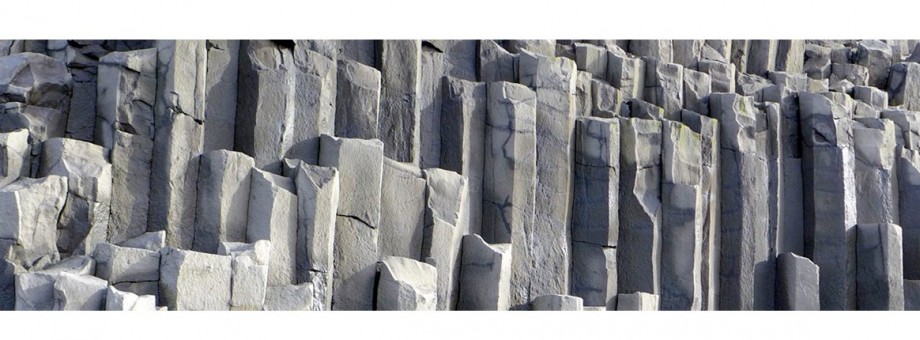Basalt Fibers: A Wide Range of Applications

Large deposits of basalt − a natural igneous (volcanic) rock − in western Turkmenistan are opening up new vistas in the production of composites, Director of the Institute of Chemistry, Durdymurad Gadamov (Ph.D. in Chemistry) believes.
The scientist has suggested setting up the production of continuous basalt fibers from locally sourced basalt. They can be used to manufacture many types of products, including reinforcing materials, shaped tubes, fiber reinforced foam concrete wall panels, and others.
According to the scientist, higher chemical durability of continuous fiber-reinforced composites will add extra strength to concrete and asphalt-concrete. One ton of basalt fiber-based products can replace eight-ten tons of reinforcing steel.
Locally available rocks, he thinks, will be widely employed in composite building materials as admixtures and additives to concrete, roof tiles, pavement slabs, asphalt, railway sleepers, etc. with the intent of minor enhancements to a base material. Moreover, basalt fibers can be actively used in the production of wear-resistant brake shoes and brake pads. Chemical surface modification of basalt will enable using it as tire cords and in the manufacture of bulletproof vests to replace comparatively more expensive Kevlar.
Good compatibility of basalt fibers with epoxy-based components and other polymer materials can be used to advantage to produce fiber-reinforced plastic bars, various structural shapes, pipes and meshes; basalt fibers are perfectly compatible with carbon fibers, and this offers vast potential for using them in hybrid composites with better modulus of elasticity and improved properties as compared to basalt. At the same time, hybrid composites will be cost-effective.
Continuous basalt fibers are a novel type of fibers. Their properties (about 65-70 percent) are defined by the basalt content and the rest (30-35 percent) by manufacturing technologies, technological equipment and lubricants.
The first industrial production of continuous basalt fibers began in the mid-1980s. Over the decades, four generations of equipment have been developed. This made it possible to improve performance characteristics of end products and considerably lower their cost. Thus, the efficient manufacturing methods and specialized equipment have contributed to building up industrial-scale production of continuous basalt fibers.
Basalt fiber-based materials and products have been used in a much wider range of fields now. They are highly sought after in the automotive, power, chemical, petrochemical, metallurgical, agricultural, and water engineering industries, in the construction of ports, marine facilities and offshore platforms, in the production of fire-resistant materials for high-rise buildings, industrial facilities, bridges, dams, tunnels, and railways.
Cost-efficiency, simplicity, reliability and ease of use of basalt fibers will help them to turn from innovative products into consumer products in years to come.


 HABARLAR
HABARLAR